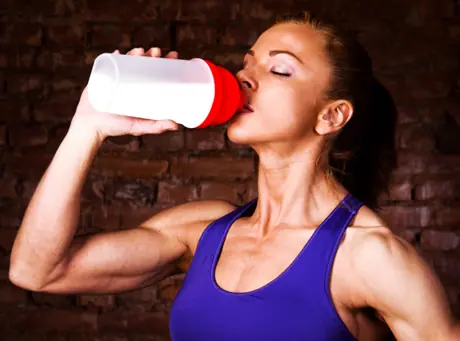Key #2: Carbohydrates
Simply put, you will perform better when you add efficient carbohydrates to any training longer than 60 minutes. Many athletes can push through without negative affects until 90 minutes. My rule of thumb: Add carbs if training at high intensity for 60+ minutes or at any intensity for 90+ minutes.
Your body needs fuel during training from some source. If you want to improve performance and train with any sort of high intensity, it usually works best to provide that fuel source in the form of efficient carbs. If you're goals are more weight loss driven, you can reduce your carbs and oxidize or burn more fat.
More: Sports Nutrition Tips to Help You Lose Weight and Perform Better
But beware, omitting fuel and oxidizing fat doesn't necessarily mean fat loss in the long term as you may not train as well or may overeat later in the day because you're under-nourished. It simply means you'll oxidize more during that workout.
| Weight Loss | Performance | Competitive |
| Carbohydrate Needs: 90 minutes or >: 3+ hours training: | Carbohydrate Needs: | Carbohydrate Needs: |
| Carbohydrate Choices: | Carbohydrate Choices: 5+ hours training: | Carbohydrate Choices: 5+ hours training: |
| Comments: | Comments: | Comments: |
- 3
- of
- 4
About the Author

Kelli Jennings, RD and sports nutritionist, is the owner of Apex Nutrition, LLC. Kelli helps athletes reach their weight goals and build strength, endurance and stamina. She teaches clients to eat for reduced inflammation, the best recovery and ongoing fueling needs as they push themselves to new levels. Like Kelli on Facebook, and follow her on Twitter.
Get ACTIVE on the Go


13.one Half Marathon
Get expert advice and guidance as you progress in your journey to becoming an avid runner.
Available for iOS





Discuss This Article